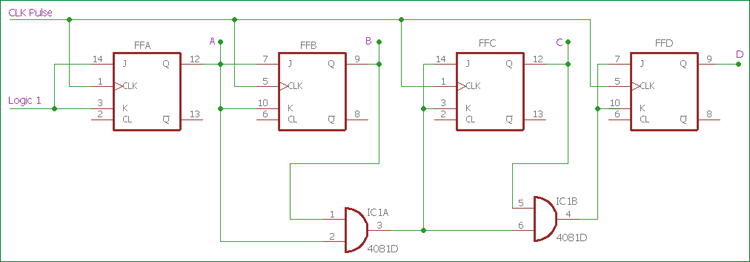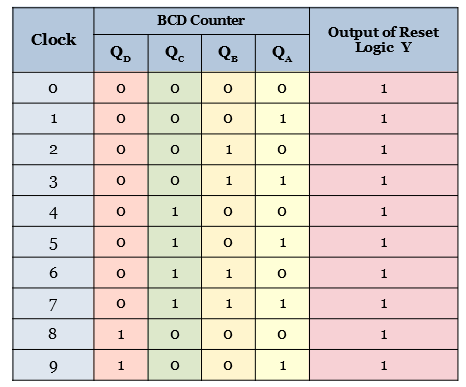Circuit design of a 4 bit binary counter using d flip flops vlsifacts counters de part 20 asynchronous sequential circuits electronics textbook how to implement 3 up that counts like this 000 011 110 with t quora explain the working three ripple computer engineering solved draw mod 8 counting course hero synchronous types operation and timing diagram for each following chegg com lab manual ppt definition truth table 12 2 or assignment help through online tutoring sessions assignmenthelp net logic tutorial module in digital javatpoint deldsim title aim study compon down coach j k flop should follow sequence 5 7 1 6 0 repeat applications basic electrical4u based implementation what is an experiment 9 i

Circuit Design Of A 4 Bit Binary Counter Using D Flip Flops Vlsifacts

Counters De Part 20

Asynchronous Counters Sequential Circuits Electronics Textbook
How To Implement A 3 Bit Asynchronous Up Counter That Counts Like This 000 011 110 With T Flip Flops Quora

Explain The Working Of A Three Bit Binary Ripple Counter Computer Engineering
Solved Draw A 4 Bit Mod 8 Counting Up Asynchronous Ripple Counter With Course Hero

Synchronous Counter Types Circuit Operation And Timing Diagram
3 Bit Asynchronous Counter

Solved For Each Of The Following Counters A 3 Bit Chegg Com

Binary Counters
Lab Manual

Asynchronous And Synchronous Counters Ppt

Asynchronous Counter Definition Working Truth Table Design

12 2 Asynchronous Or Ripple Counters Counter

Synchronous Counter Definition Working Truth Table Design

Counters Assignment Help Through Online Tutoring Sessions Assignmenthelp Net

Counters De Part 20

Asynchronous Counter Sequential Logic Circuits Electronics Tutorial

Design Of Asynchronous Ripple Counter
Circuit design of a 4 bit binary counter using d flip flops vlsifacts counters de part 20 asynchronous sequential circuits electronics textbook how to implement 3 up that counts like this 000 011 110 with t quora explain the working three ripple computer engineering solved draw mod 8 counting course hero synchronous types operation and timing diagram for each following chegg com lab manual ppt definition truth table 12 2 or assignment help through online tutoring sessions assignmenthelp net logic tutorial module in digital javatpoint deldsim title aim study compon down coach j k flop should follow sequence 5 7 1 6 0 repeat applications basic electrical4u based implementation what is an experiment 9 i